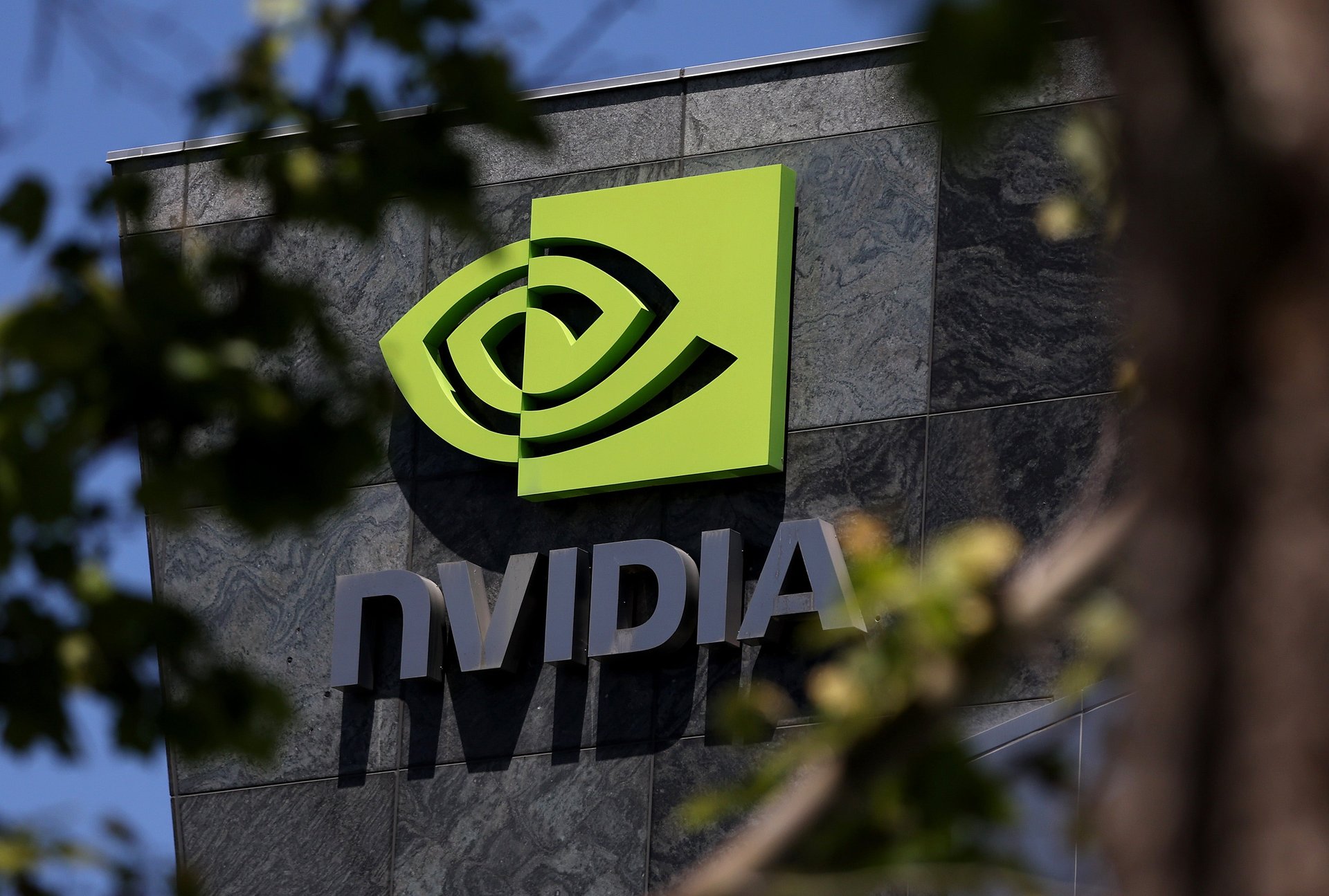Nvidia's bid to stop a shareholder crypto lawsuit will go to the Supreme Court
The lawsuit accuses Nvidia of misleading investors about how much of its sales were driven by cryptocurrency mining

The Supreme Court is hearing Nvidia’s bid to stop a shareholder suit accusing the company of misleading investors over how much of its revenue came from crypto-mining.
Suggested Reading
The class action lawsuit, brought against Nvidia and chief executive Jensen Huang in 2018, is led by E. Ohman J:or Fonder AB, an investment management firm based in Stockholm, Sweden. The shareholders are seeking unspecified monetary damages.
Related Content
The suit’s plaintiffs are accusing Nvidia and its leadership of violating the Securities Exchange Act of 1934 by making misleading statements in 2017 and 2018 about how much of the company’s revenue growth came from crypto-mining. Shareholders say Huang hid that crypto-related sales of Nvidia’s flagship GeForce GPU, or graphics processing unit, was driving revenue growth, instead of gaming, which the chips are designed for. Therefore, plaintiffs said, investors and analysts were misled on the impact of crypto on Nvidia’s sales.
Nvidia declined to comment, while E. Ohman J:or Fonder AB did not immediately respond to a request for comment.
Investors said Nvidia was exposed to more risk than it revealed during volatility in the crypto market, and that Huang “downplayed concerns.” Nvidia said in November 2018 it had missed revenue projects by nearly 2%, and Huang blamed a “crypto hangover.”
The lawsuit was dismissed in 2021, but the San Francisco-based 9th U.S. Circuit Court of Appeals ruled for the lawsuit to move forward, holding “that the amended complaint sufficiently alleges that Defendant Huang made materially false or misleading statements and that he made those statements knowingly or recklessly.”
Meanwhile, Nvidia is arguing its shareholders don’t have access to internal company documents that would show it knew executives were making misleading statements, Bloomberg reported.
In 2022, Nvidia agreed to pay $5.5 million to settle allegations by the U.S. Securities and Exchange Commission that it did not properly disclose how much of an impact crypto-mining had on its revenue growth.
